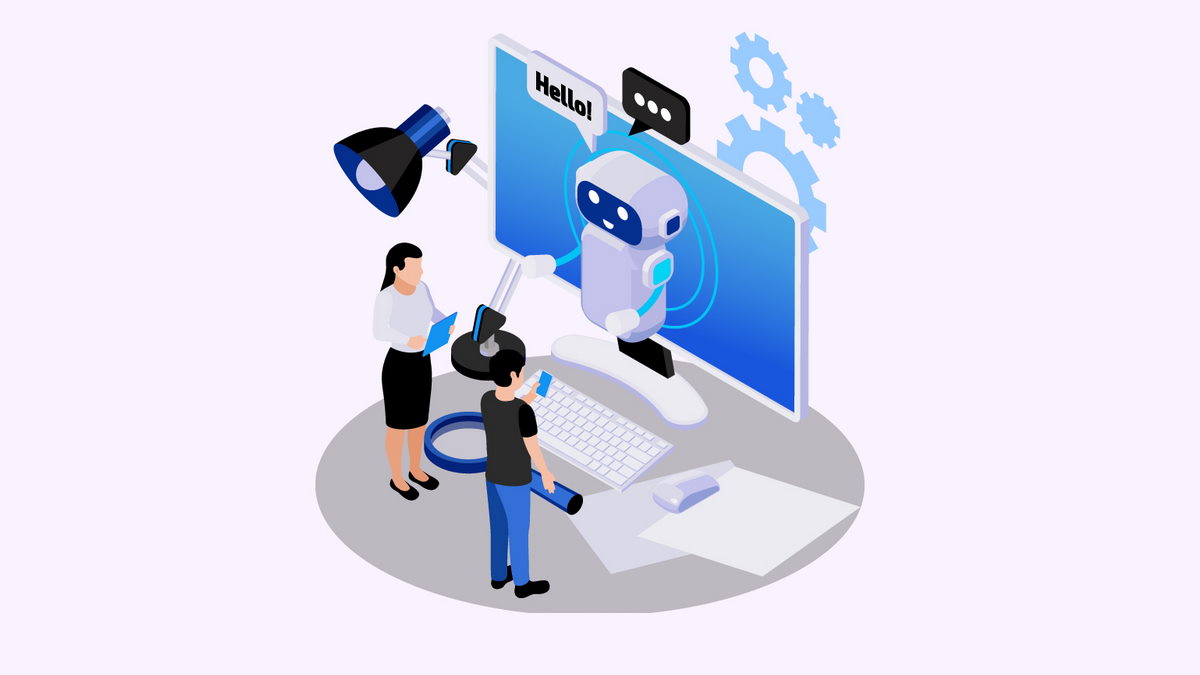Another day, another way ChatGPT and generative AIs show just how “disruptive” they are. In this case, one author found herself publishing more books than she ever wrote.
Author Jane Friedman took to social media to say that she has discovered half a dozen of AI-generated, counterfeit books that were published under her own name.
Worst of all, both Goodreads and Amazon refused to delete those fake books until the author’s blog post went viral and public pressure mounted. The reason Amazon gave for not deleting the fake books was that the author could not provide a trademark registration number for her own name.
The post, titled “I Would Rather See My Books Get Pirated Than This (Or: Why Goodreads and Amazon Are Becoming Dumpster Fires),” showed that the problem of Amazon fakes spread to more than tangible goods like fashion or gadgets and, thanks to ChatGPT, now threatens the already harangued indie publishers.
Also read: How to Prove You Didn’t Use ChatGPT: One Simple Trick to Avoid ChatGPT Plagiarism Accusations
Friedman wrote:
“Whoever’s doing this is obviously preying on writers who trust my name and think I’ve actually written these books. I have not. Most likely they’ve been generated by AI. (Why do I think this? I’ve used these AI tools extensively to test how well they can reproduce my knowledge. I also do a lot of vanity prompting, like “What would Jane Friedman say about building author platform?” I’ve been blogging since 2009—there’s a lot of my content publicly available for training AI models. As soon as I read the first pages of these fake books, it was like reading ChatGPT responses I had generated myself.).”
In the Twitter / X responses to her post, the problem of Amazon fakes was put into simple but grim numbers: another author said that she had to report 29 fake books under their name in the past week alone.
The problem of AI-generated Kindle books was also reported recently by Vice, after one author claimed that just 19 of the books in the top Kindle books in one category were written by a human.
Even more, the whole problem of fake Amazon books is just “turtles all the way down”, as these books are published by scammers trying to take advantage of the Kindle unlimited program, which pays authors pennies based on the number of pages read by users. Since those scammers also deploy bots on Amazon to “read” Kindle Unlimited books, the whole ecosystem of Amazon books now seems to consist of bots writing books and bots reading books.
Our site has also extensively covered the problem of Amazon fakes and how to spot counterfeit goods on the platform, though our initial advice does not apply for digital items that are harder to return.
Friedman has added in her initial post that, while the fake books appeared at the end of the search results and were not attached to her Amazon author profile, readers might still find them and judge authors by the low quality of the ChatGPT output.
Also read: Stanford Researcher Say ChatGPT Got Dumber In Recent Months, Forgot How to Do Math
Follow TechTheLead on Google News to get the news first.
























